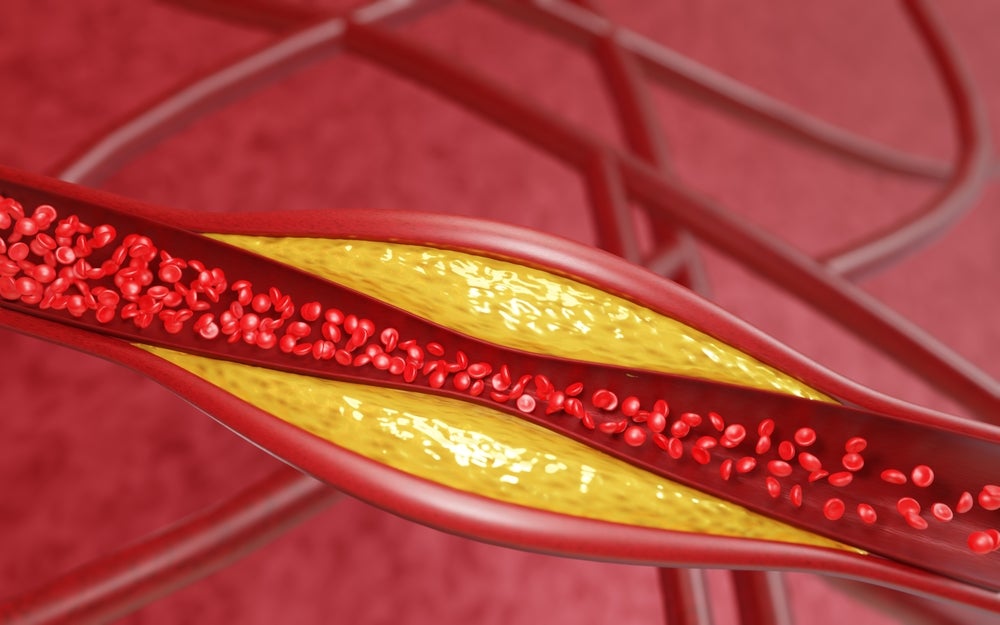Endologix has reported positive one-year results from its DETOUR2 trial evaluating its fully percutaneous transmural arterial bypass therapy.
The prospective, single-arm, multi-centre, international trial enrolled 202 patients with long-segment superficial femoral artery disease. The superficial femoral artery, a long vessel that delivers oxygenated blood to the lower leg, is a common site of atherosclerotic disease.
Endologix states that its DETOUR system offers a new approach to bypassing the artery using the vein as a channel. This allows stents to be passed through and restore blood flow to the leg, thereby treating complex peripheral artery disease (PAD).
The DETOUR system comprises the ENDOCROSS dual guidewire delivery tool and the TORUS stent graft.
In results published in the Journal of Vascular Surgery, the US-based company reported that the primary safety endpoint was met with a 30-day freedom from major adverse event rate of 93.0%. The one-year primary effectiveness endpoint was also met – with the therapy leading to a 72.1% primary patency at 12 months. The term ‘patency’ describes the degree to which blood vessels are unobstructed.
Endologix also reported low rates of deep venous thrombosis (DVT) and clinically driven target lesion revascularisation (CD-TLR), as well as complications.
Endologix received US Food and Drug Administration (FDA) approval in December 2017 to begin the study under an investigational device exemption (IDE).
Endologix’s CEO Matt Thompson said: "The publication of the one-year results confirms the DETOUR System's clinical promise in treating long femoropopliteal lesions.”
The peripheral guidewire market is estimated to grow to $2.3bn by 2033, up from $1.6bn in 2023, according to analysis by GlobalData.
There are around 6.5 million people aged 40 and older in the US living with PAD, according to the Centers for Disease Control and Prevention.
Meanwhile, the global peripheral vascular stent market was worth $1.8bn last year and is expected to grow to $3.6bn by 2033.
Reflow Medical presented six-month findings from a clinical trial investigating its retrievable stent system for treating patients with infrapopliteal arterial disease last week.









